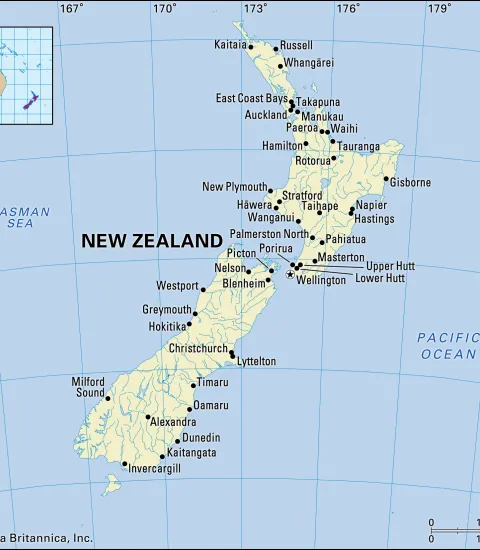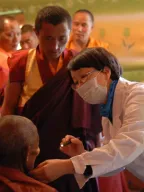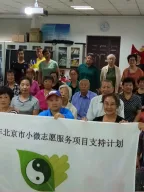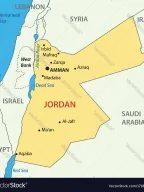
Measuring the SDG contributions of school-age volunteers
Measurement is important to demonstrate the impact and added value that volunteering bring to the SDGs. However, certain groups of volunteers and types of volunteering are often not captured by traditional measurement tools. The Student Service Award tool helps to raise awareness and recognition of the efforts of school-age volunteers, particularly those whose efforts are frequently undervalued. One example of this is the Award’s recognition of traditional Maori forms of informal and community youth volunteering, including mahi aroha and ‘service of the heart’. To reach Maori young volunteers, the Award established a partnership with Carers New Zealand, an alliance of non-profits supporting home carers. Through including this group of volunteers in the scope of the initiative, the Award was able to increase recognition of the everyday efforts of volunteers who play an important role in their communities, while also helping Maori youth link their volunteering to the SDGs and enhance their employability.
The Service Award deliberately recognizes all kinds of volunteer work, including in-school volunteering, organizational volunteering, micro-volunteering, online volunteering, and different forms of informal volunteering including care-giving, mutual assistance and ‘neighborliness’. This broad scope has helped to provide a fuller picture of the volunteering efforts of young people and provided new insights into youth volunteering in New Zealand. For example, it shows a progression from volunteering in a school setting, to volunteering on an individual basis in the community.








